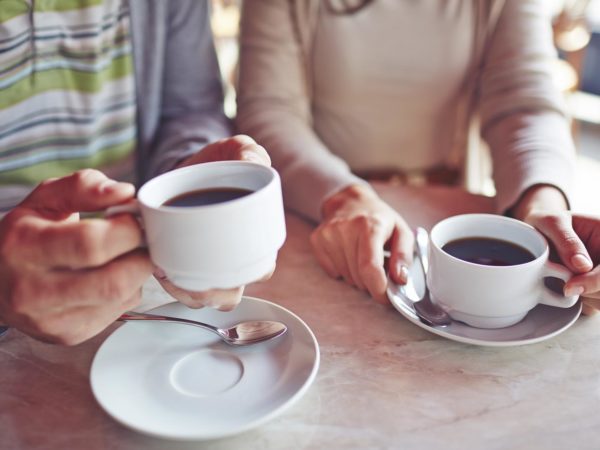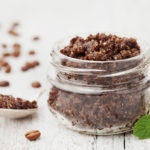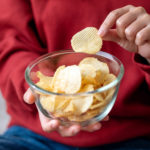Caffeine Affects Taste Buds

New research shows that a cup of coffee could reduce your ability to perceive the full taste of sweet foods. In a Cornell University study volunteers drank a cup of decaf with 200 mg of added caffeine while another group drank undoctored decaf. Sugar was added to all the coffee. The group that drank the caffeine-added brew rated it as less sweet than those who drank the decaf. The researchers also tested how both decaf and fully caffeinated coffee affected the volunteers’ perception of their alertness. Here, it didn’t matter which type of coffee they drank – all volunteers reported increased alertness, but none could predict whether the beverage they consumed was decaf or not. Here, study leader Robin Dando suggested that since drinking coffee usually makes you feel more alert, “just the action of thinking that you’ve done the things that make you feel more awake” actually makes you feel more awake. However, contrary to the suggestions in some news reports, the study didn’t find that caffeine causes you to crave sweets.
My take? I never developed a taste for coffee but recognize that it can have powerful effects, both good and bad. On the plus side, research has shown that drinking coffee may benefit cardiovascular health, possibly protect men against cognitive decline (women weren’t included in this study), and may reduce the risk of type 2 diabetes and Parkinson’s disease. On the downside are coffee’s well-documented side effects: anxiety, insomnia, tremor and irregular heartbeat as well as irritation of the digestive system, bladder and prostate. The way coffee affects you is your surest guide to whether or not you should be drinking it at all and, if so, how much.
Source:
Robin Dando et al, “Caffeine May Reduce Perceived Sweet Taste in Humans, Supporting Evidence That Adenosine Receptors Modulate Taste.” Journal of Food Science, August 23, 2017; DOI: 10.1111/1750-3841.13836
Also in this week’s bulletin:











